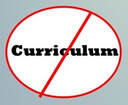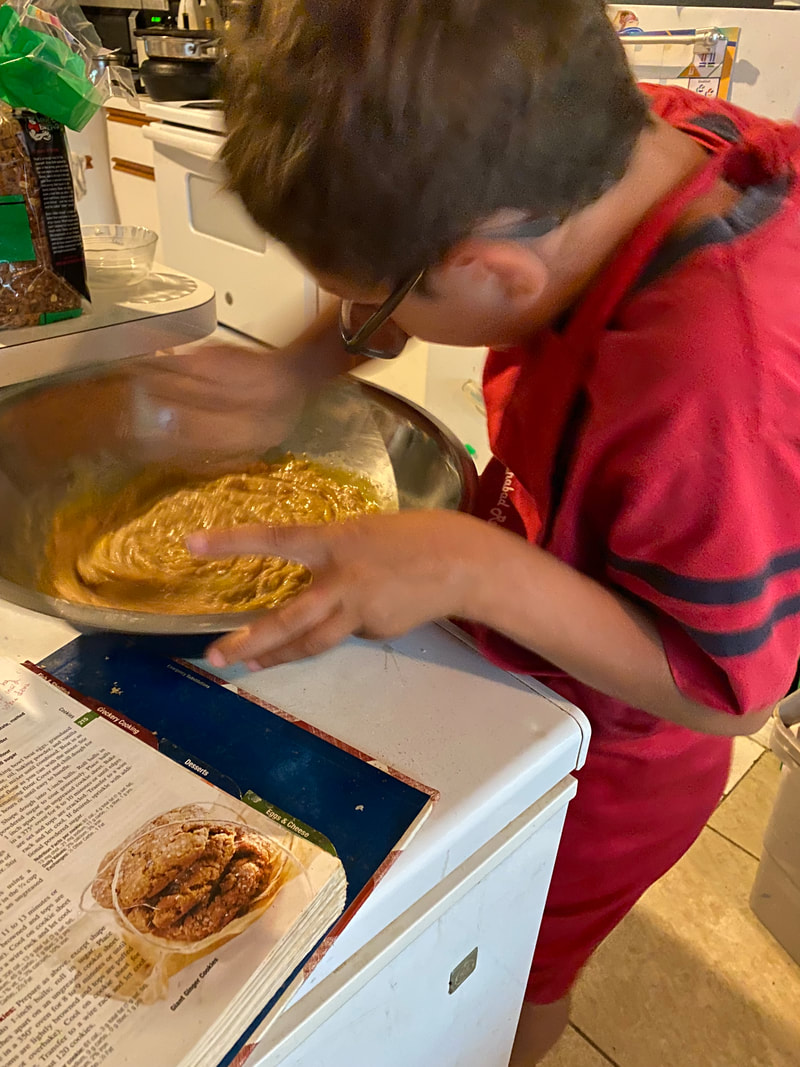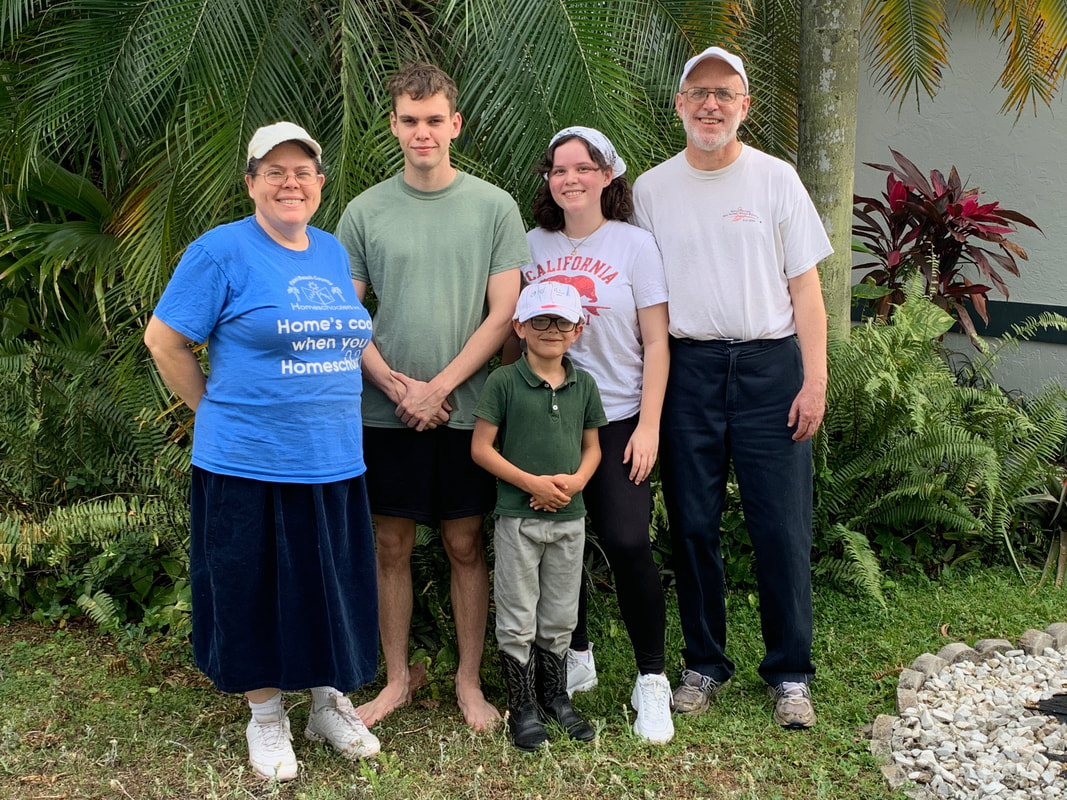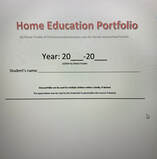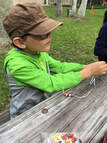|
Deschooling: A temporary, transitional period meant to help both parent and child see that education doesn't require the structure of school and that homeschooling isn't pretending to have a school at home. It's a period that can help a child recover from the trauma and attitudes that often come with the school experience. Students who aren't deschooled first are more likely to fight homeschooling because they'll view it as "fake schooling" and will doubt that their parents know enough to teach them anything. Parents who don't deschool first are more likely to waste money on curriculum that won't work well for their children. |
Schools often, unintentionally perhaps, teach attitudes that aren't helpful when learning at home. Examples include the attitude that teachers know more than parents (after all, if the parent teaches a child another way to do an assignment, teachers will typically make the child redo the work their way instead), that teachers must lead the learning (learning done outside of the required assignments isn't typically given any school credit), that students and teachers are in a battle (students find that banding together to distract a teacher can win them fewer lessons or that the teacher will punish all if some students misbehave), that learning requires a specific order, written assignments, tests, and stressful timetables, and more. |
|
Deschooling helps both parent and child see that a lot of learning can happen without following school methods, using boring workbooks or textbooks, or assignments that seem irrelevant to their lives and interests. Deschooling should help parents figure out how their children learn best and help homeschooling work better for all of you. Deschooling starts with informal learning that doesn't look like school. So no textbooks, workbooks, online curriculum, etc. No strict schedules of when specific subjects should be covered nor when certain topics should be learned. No bells to tell everyone to stop working on one project and move on to something else. No assignment books full of homework deadlines. Deschooling will look different for every family. Deschooling can include learning by reading together or watching videos or visiting museums (in person or virtually), etc. and then chatting about what was learned or experienced. No writing assignments or such at this point. No worksheets over what was learned, just casual chatting. The children might explore their own interests, watch videos, or read books, or learn some new hobbies. The family might learn to cook together or plant and care for a garden together. The children learn to put together menus and shopping lists and go to the store and buy within a budget and make meals for the family. They might work on art or woodworking or other projects. There are lots of options. (Some families will put screen time on hold at this time so the children don't spend too much of their downtime on screens.) Deschooling might involve having children--especially teens--figure out goals for themselves, especially career goals. This might be done using materials that ask questions about their skills, personality, likes and dislikes, etc. They might find websites or books that discuss a variety of careers and talk about the jobs and the lifestyle that goes with them--the hours typically worked, the level of independence, the likelihood of overtime hours, the benefits that do or don't typically come with the job, the training and knowledge required, etc. as well as the typical pay range. They can watch videos on the careers and reach out to people in those fields to talk to or volunteer for or shadow for more real life input. Then they can work to figure out steps to reach those goals. Ask your child to pick a topic to learn about. It's okay if the topic doesn't sound academic. Let the child choose materials to use to learn about the topic and a project to put together to show off what was learned. Part of this is to help you see how the child prefers to learn so that you can figure out how your child learns best and work with your child's learning style instead of against it. Eventually, weeks or months later, this information can help you choose curriculum or other learning materials that will work well for your child. (You might repeat this kind of project learning a few times to help your child see how much can be learned this way, while you gather more information about your child's preferred learning methods and materials.) If you have several children, feel free to do a lot of learning together as a group. Learning together can be more fun and builds relationships. The younger ones may not get as much out of a book read to them or a movie watched or a project done as the older children do, but each will learn at his or her pace. Be sure to include time for your child to have nothing scheduled. Let your child have time to reflect on what's been learned, to become curious and explore the world around him or her, to be bored and figure out a way past the boredom, and so on. |
Some people confuse the term "unschooling" with "deschooling," but the two are different. Unschooling is a method of homeschooling in which the learning is child-led and typically avoids school methods including textbooks and workbooks unless the child asks for them. Deschooling is a temporary transition and is not usually child-led on the whole. Deschooling will avoid school methods, including textbooks and workbooks, until deschooling is done. Sometimes deschooling will lead to unschooling but sometimes it doesn't. Just because you're deschooling doesn't mean that you won't keep records of the education that's happening. Florida law requires parents to keep a Log of Educational Activities around the time of the learning. Even if the learning doesn't use textbooks or school methods, you can still jot down notes about the learning that happens. Some jot quick notes in a calendar. Others jot them in a notebook. Or see this page for more ideas. Florida law requires parents to keep titles of reading materials. These don't have to be titles of workbooks or textbooks but could be titles of library books, websites, apps, magazines, comic books, or whatever is being read to, by, or with the child. Florida law requires parents keep a few samples of work (either of work the child generated or of materials used by the child). Photos of projects done can be samples of work. Or of pages read. Or screenshots of websites used. Or there are lots of ways to keep samples of work even if no textbooks are used. Just keep a few from a variety of subject areas. See our page on keeping a portfolio for more ideas on how to keep records. When is
|
|
For further information on deschooling,
check out these links: |
|


